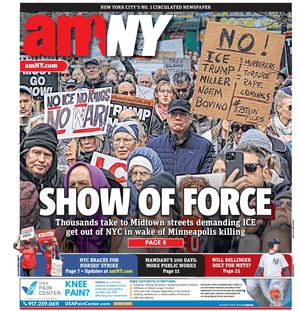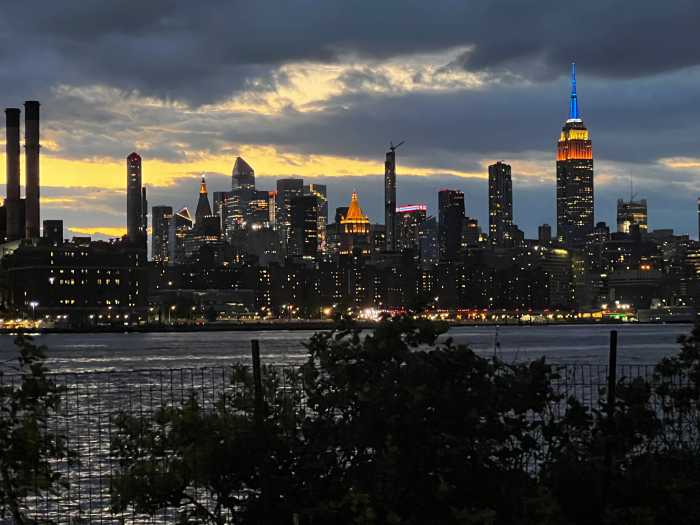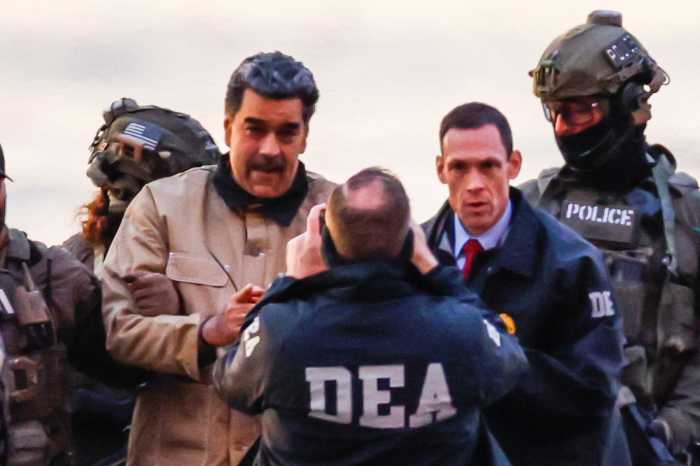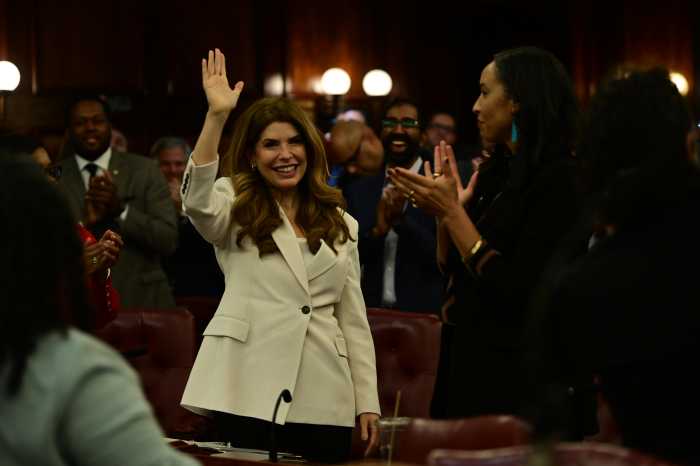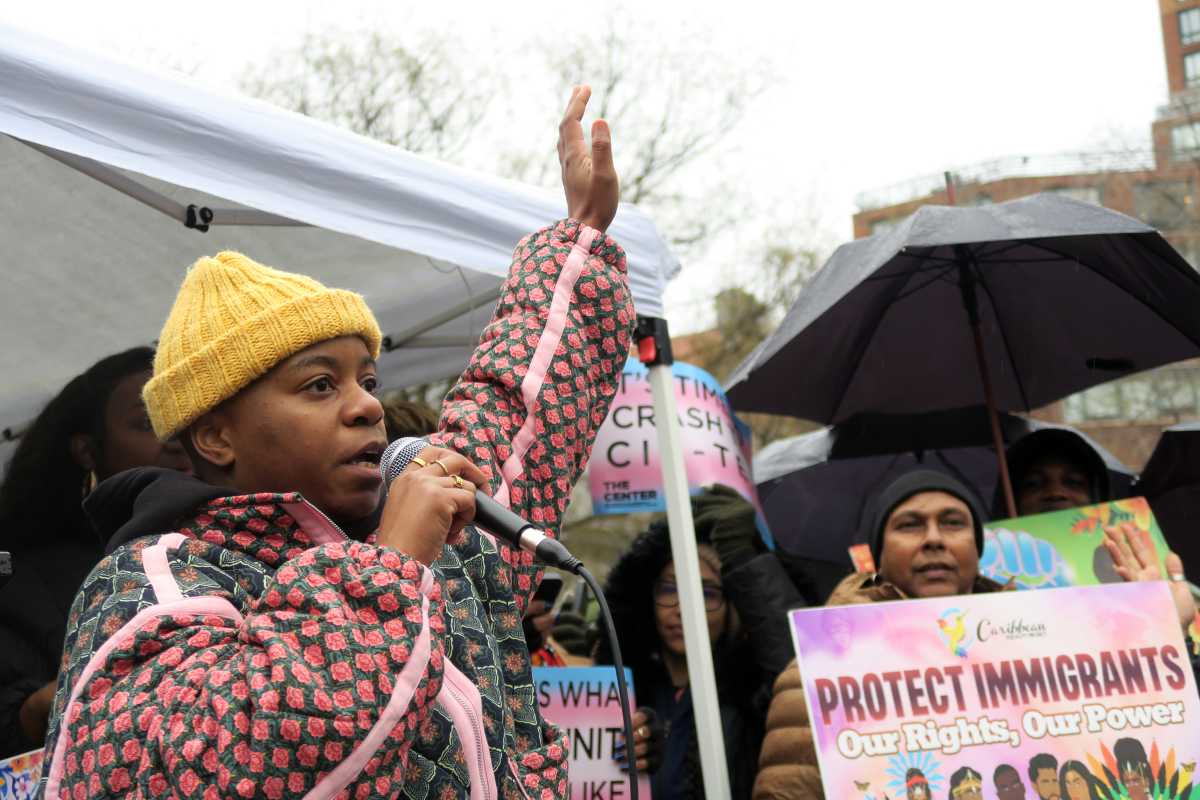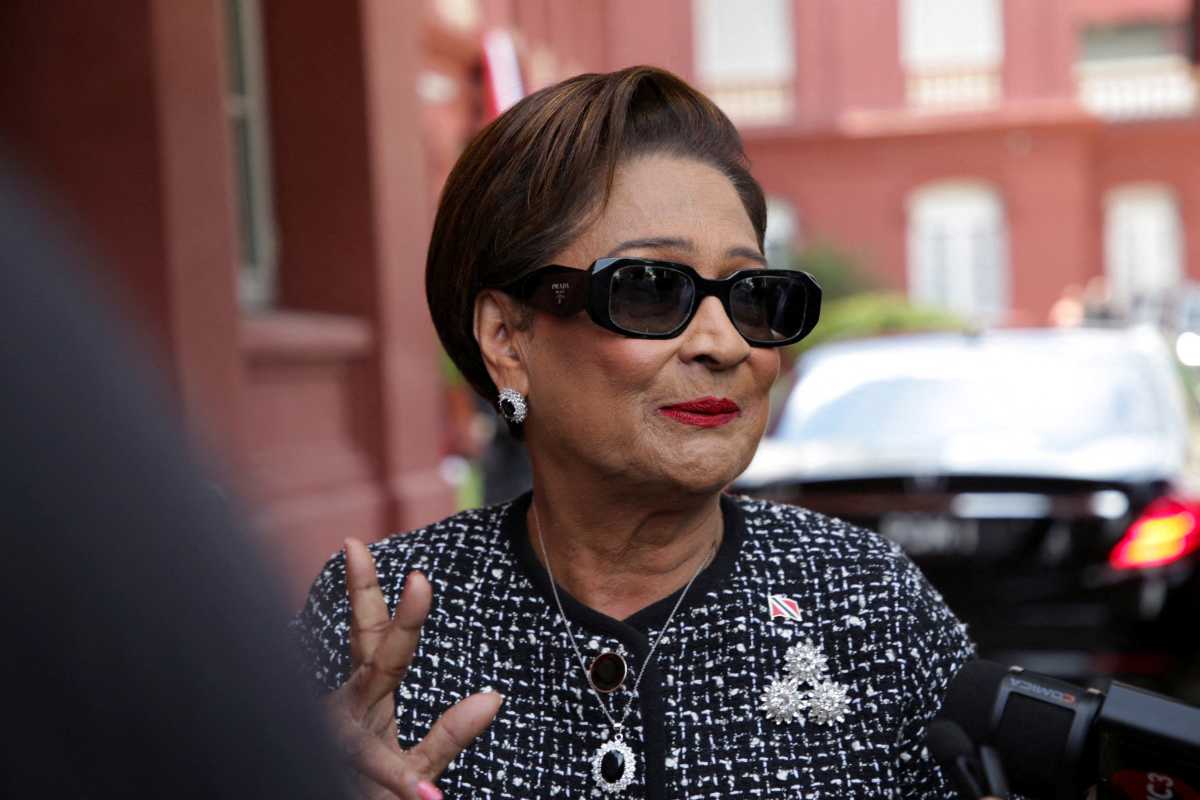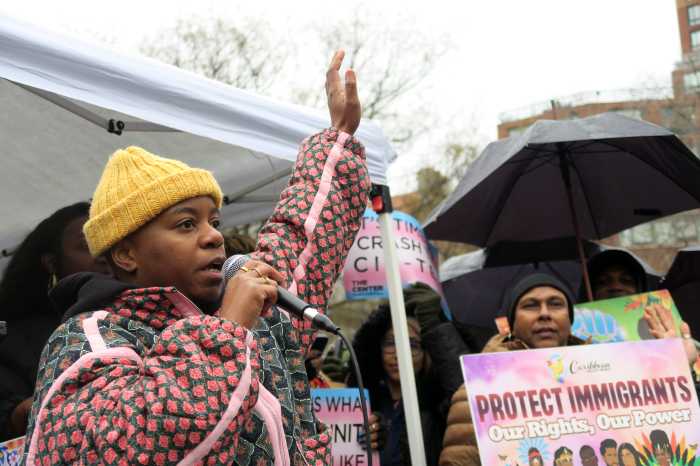On paper, the “Safe Hotels Act” — a sweeping new effort before the City Council to regulate the hotel industry — seems to have the best interests of guests and staff in mind. But the devil, as they say, is in the details.
There is one clause in the legislation — Intro. 991, sponsored by Manhattan Council Member Julie Menin — which could be a poison pill to the entire tourism industry in New York City. If the act as-is becomes law, it threatens to completely upend how hospitality companies do business in New York, and cause financial ruin to small businesses which the industry supports.
The Safe Hotels Act has been hotly debated in recent weeks between supporters such as Menin and local labor unions such as the Hotel Trades Council, and opponents such as the Hotel Association of NYC.
Supporters say the bill is essential for creating safe workplaces for hotel staff, securing accommodations for guests, and combating crimes such as larceny, sexual assault and sex trafficking. These concerns are genuine; every hotel in New York City must be a safe space where employees work with dignity and care, and guests enjoy their stay free of fear.
The main concern among opponents, however, is one clause in the Safe Hotels Act that addresses the use of third-party contractors providing various services at hotels, such as housekeeping. Many of these third-party firms are small, independent businesses based in New York that employ tens of thousands of people supporting the hotel industry’s functioning.
As currently constituted, the act states, “Contracting to any third parties for core employees, including staffing agencies or other contractors or subcontractors, is not permitted except that a hotel owner may retain a single managing agent to manage all hotel operations at a hotel on the hotel owner’s behalf.” This section of the bill would not apply to “bona fide third parties located on the hotel’s premises or their employees.”
Supporters say third-party contractors often underpay their workers, and this legislation would right this terrible wrong. No jobs would be lost, they further claim, and hotels would be able to hire them directly at similar wages.
However, the clause, as it stands, essentially permits the city to direct the hiring practices of every hotel.
Opponents of the bill say that this clause would eventually force contractors and subcontractors out of business, and hotels to hire workers at their own expense. Even though the bill states that current subcontractor arrangements will remain in place right after enactment, it blocks any new subcontracts from being agreed upon.
Private contracting firms may reduce a hotel’s bottom line, but they also help ensure that hotels are properly staffed and maintained on a tight budget. If hotels are required to hire their own staff, the odds are that many will staff at the barest minimum. This will lead to the deterioration of standards and guest experience while also exacerbating current quality-of-life concerns which this act seeks to address.
If there is genuine interest in making New York City hotels safer and improving the livelihoods of those who work there, then the third-party clause in the Safe Hotels Act must be changed before the full bill goes to a vote. The moment demands greater clarity.
Editor’s note: This editorial was amended to include additional information, and clarify previous points, regarding the Safe Hotels Act.
Read More: https://www.amny.com/oped/
